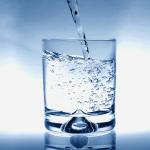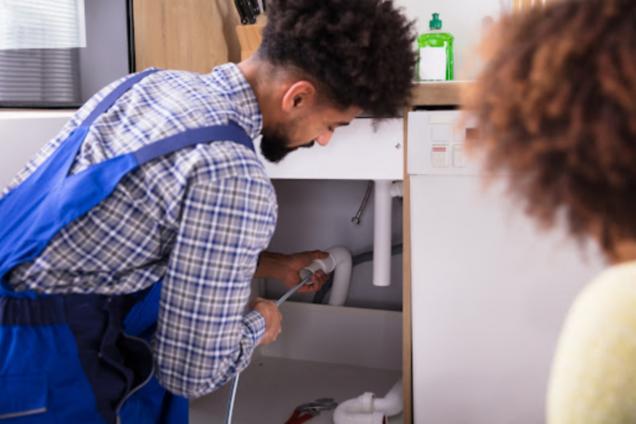
Exploring the Vital Role of Wastewater Treatment in Preserving Brisbane's Water
Understanding the Basics of Wastewater Treatment
Water, after usage, turns into wastewater laden with contaminants ranging from bodily wastes to detergents and pathogens. Wastewater treatment processes meticulously remove these contaminants, ensuring the released water doesn't compromise environmental health. Moreover, treated wastewater may also be recycled for non-drinking uses, such as irrigation and industrial cooling, harnessing every drop to its fullest potential.
The Current State of Brisbane's Water Supply
Brisbane is a city braced by the challenges of water availability. Despite multiple dams and reservoirs, factors such as climate variabilities, infrastructural constraints, and the city's burgeoning population, put a strain on water reserves. A sustainable water supply is undeniably critical for Brisbane's growth trajectory, making effective wastewater treatment and recycling indispensable.
Wastewater Treatment Innovations in Brisbane
In response to the challenges, Brisbane has pioneered a host of wastewater treatment innovations. The city's advanced water treatment plants harness the power of cutting-edge technology to safeguard water quality and maximise recovery rates. The successful Gibson Island Advanced Water Treatment Plant serves as a shining example, ensuring a reliable, drought-proof water source for industry use. These innovations not only enhance the efficiency of wastewater treatment in Brisbane but also ensure a more sustainable water supply.
The Environmental and Economic Benefits of Wastewater Treatment in Brisbane
Robust wastewater treatment practices bode well for both the environment and the economy. On one hand, they curtail the release of contaminants into natural bodies of water, thereby protecting aquatic ecosystems. On the other hand, they offer cost savings to homeowners by supplementing the supply of water for gardening, car washing, etc., reducing the demand for metered water. Moreover, the wastewater treatment sector emerges as a significant employer, fostering job creation in Brisbane. Down the line, healthier waterways and communities stand testimony to these outcomes.
Moving Forward: Steps Brisbane Homeowners Can Take
Homeowners hold the power to shape Brisbane’s water sustainability future. Simple actions like reducing water wastage and supporting local wastewater initiatives carry far-reaching impacts. Homeowners can expand their role by partaking in local water committees or advocacy groups, ensuring their voice in water management decisions. Every step, big or small, nudges Brisbane closer to a sustainable water future.
Conclusion
In conclusion, wastewater treatment stands as a vital pillar in preserving Brisbane's water supply. Innovations and ongoing improvements in this field hold great promise for the future. But the key takeaway for Brisbane homeowners is this: they, too, have a role to play. By supporting and engaging with local water treatment initiatives, they can become agents of change, steering their city towards a future of water sustainability.



